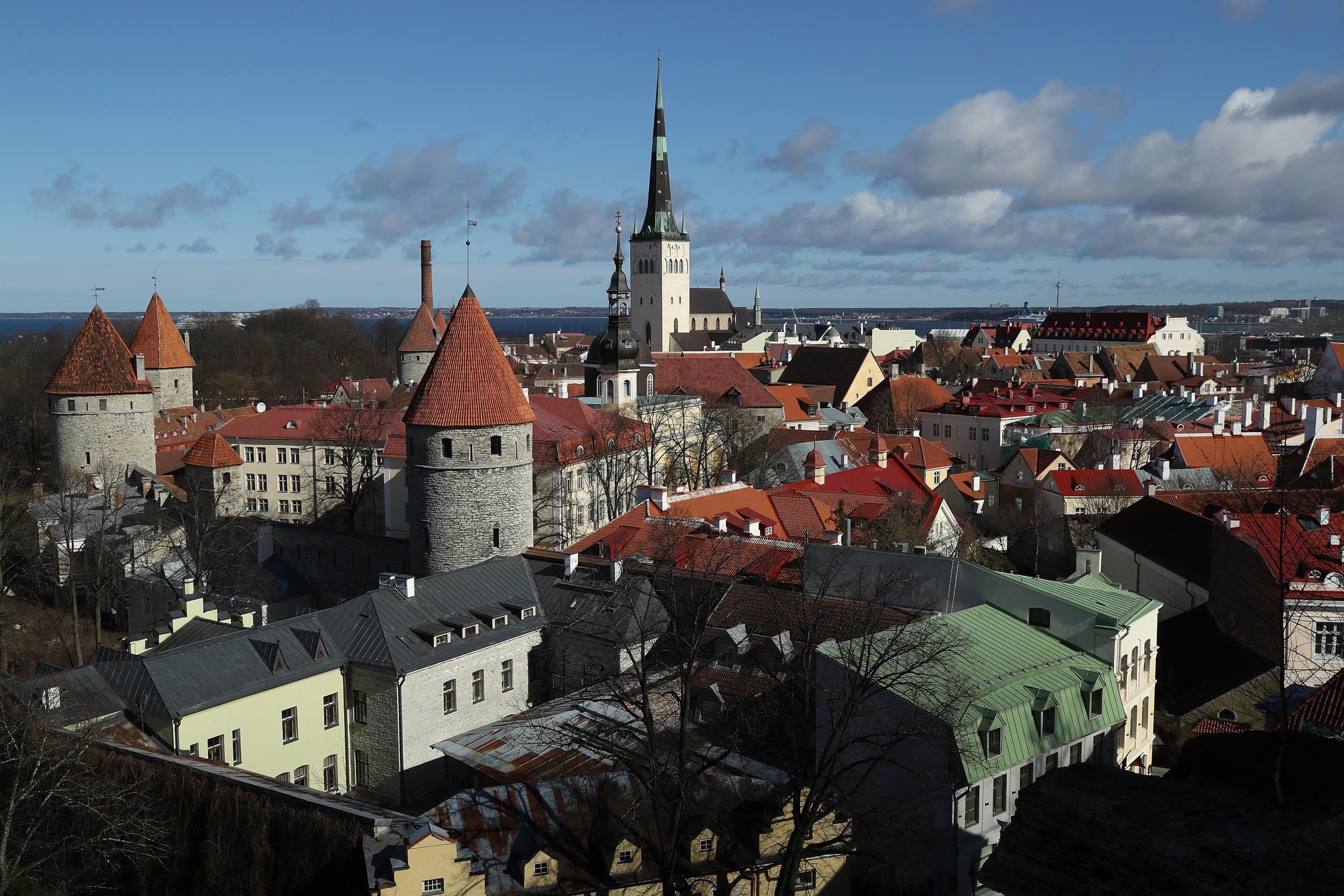How Estonia can solve Britain’s biggest socio-economic problem
Forget the speed of transporting people, it’s the speed of transporting data that matters now

A few years ago, a UK government minister asked me what I thought was the biggest socio-economic problem facing Britain.
I ran through a predictable checklist of items: drugs, lack of education, poor housing, creaking healthcare system, and so on. He shook his head.
“I’ll tell you,” he said. “It’s the post-industrial towns, in the Midlands and North of England, but also elsewhere. How can we ever replace the employment and the relative prosperity that has been lost?”
We then discussed an infrastructure in those places that had long since ceased to be fit for purpose, and how, too, as well as major investment there was a need for a raising of aspiration and equipping young people with the skills for the global economy.
But will that be enough? Will we ever fill the void left by the disappearance of coal and steel, and closure of the factories and mills?
At the moment, it’s full steam ahead on HS2. But that’s also what it feels like: an old solution to a pressing modern issue.
What’s required is a wholesale lifting of ambition. We should aim to be the world’s first fully digital major economy. Instead of focusing our energies, and money, on the transport of people, we should be pursuing the speedy and free transport of data.
Does it really make a difference if I can get from London to Manchester that bit quicker? Not if I am able to work the entire journey in comfort; not if the internet access is unbroken, and the download is fast.
That’s what we should be seeking, but not only on trains – across the entire length and breadth of Britain, in every home, every office, every place of work, every school, everywhere.
We need a plan, an objective: the equivalent of a Manhattan Project; something that is fixed and permanent, a national grid or rail network, but for digital.
The benefits would be enormous, in developing and growing our own market-beating tech businesses, attracting tech-hungry foreign investment, empowering those who live in the former industrial centres to compete on a level playing field with the rest of the country and the world.
Suddenly, it would not matter where someone lived, they could stay in an area where land was a lot cheaper, working via virtual offices, as if they were based in more expensive places.
The vision would be bold, “a Panama Canal”, as one US-based digital entrepreneur put it. But, he added, “whichever large economy pulls it off, for them it would be like discovering the US all over again.”
For this to occur we would need to shake off our adherence to short-termism and resistance to change, and embrace new technology. Petty rules and regulations would have to be torn up, obstructive planning laws revisited and Nimby protests downplayed. We would have to write sets of standards; supply hardware in the shape of towers large and small, fibre-optic cabling and terminals; install the most advanced software and make sure we left ourselves with the ability to upgrade.
In short, we should aim to be like Estonia. Yes, that’s right, Estonia, the small state of 1.3 million people tucked away on the shores of the Baltic.
For all its isolation and lack of size, Estonia is also the nation that produced Skype. Linked with that, though, is a more arresting innovation: it’s pursuing a completely digitised society and is increasingly viewed as the blueprint for others, one of which, if we had the imagination, could be Britain.
Since 1997, Estonia has been following the goal of the “e-state”, of putting its entire government online. From 2000, its citizens were encouraged to file their taxes online, and the take-up is now a whopping 95 per cent. Its inhabitants are issued with an e-card, a catch-all ID that allows them to do pretty much everything online, from voting to completing official documents to claiming social security benefits.
But the notion of paperless administration is just the tip. It is an outcome of a much bigger and broader process, one that has seen the embracing of a one-stop-shop digital society, with electronic booking, ordering and cashless payments, and including the concept of “e-residency”, so that anybody can digitally register a business there, open a business bank account, and obtain full remote digital capability from anywhere in the world.
Estonia has become the go-to place for digital entrepreneurs, designers, engineers and programmers. All that talent is spreading out, across the economy.
There is an argument that says Estonia is tiny, and a much bigger country like Britain could never hope to follow suit. But, as Helen Margetts, professor of society and the internet at Oxford University, has pointed out: “Facebook has two billion users and they seem to manage.”
Juri Ratas, the Estonian Prime Minister, says: “Today, data has become the coal and steel of the digital society.”
For that conundrum the UK government minister mapped out, for those former coal and steel towns he so depressingly described, there is an answer.
Chris Blackhurst is a former editor of The Independent, and executive director of CTF Partners, the campaigns and strategic communications advisory firm
Join our commenting forum
Join thought-provoking conversations, follow other Independent readers and see their replies
Comments
Bookmark popover
Removed from bookmarks